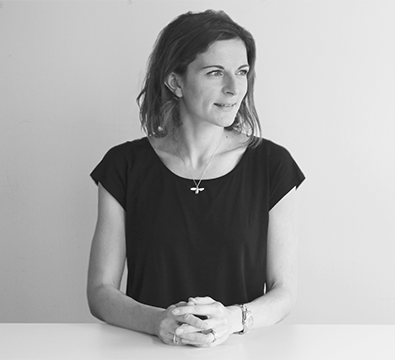UCLPartners: Feedback App for Healthcare Professionals
Converting feedback into actionable information to improve patient care.

Company Overview
UCLPartners is a partnership of world-leading academic and clinical research centres, NHS organisations, industry, patients, and others, based in the United Kingdom. The company aims to harness research and innovation for excellent patient care and a healthier population – in London, across the UK, and globally.
The Case
During the COVID-19 pandemic, UCLPartners set up a learning system helping front-line healthcare workers (clinical staff caring for the patients) gather and act on insights efficiently without increasing burden on hospital staff. At a field hospital in London, created during the first wave of the pandemic, UCLPartners tested a novel role in healthcare called the “Bedside Learning Coordinator” (BLC).
The BLC role was introduced to function as a mechanism for rapid feedback between the front-line & hospital management. It was designed to observe and interview staff on the ward, rapidly forward qualitative insights to the management team to review and implement required actions. Also, the BLC undertook focused audits to confirm that implemented changes were successful, satisfactory to staff, and permanent.
The Challenge
Initially, the staff feedback was collected on paper and transcribed remotely into five ‘domains’ presented in an Excel spreadsheet. A critical part of the process the BLC role supported was data capture, synthesis, and triage of actions and tracking the progress of implementation. Based on the learning from the BLC’s introduction in NHS Nightingale Hospital London, it was evident that the method of data collection and data processing would benefit from digitalisation and optimisation.
UCLPartners were therefore looking for a technological partner that could work with them collaboratively to develop a solution for improving the information flows within hospitals. After receiving recommendations from academic and commercial partners, UCLPartners have decided to approach TeleSoftas.
“We spoke to several companies, but TeleSoftas understood what we were looking for and what we needed the best. They also seemed to have a passion for working with us on this project.”

The Solution
The goal of the project was to develop an MVP for the BLC feedback collection application that would be used in NHS Nightingale Hospital London and function on portable devices. The main purpose of this application is to monitor real-time feedback, allowing hospital management to make rapid improvements related to hospital operations, efficiency, and patient care.
LANGUAGES
Scala
Javascript
TECH
React.js
AWS
TypeScript
Ant Design
Redux Docker
Nginx
Cassandra
INTEGRATIONS
Security Incident
Response
Platform – TheHive
SERVICES
Dedicated Development Team
Workshops
UX/ UI Design
Web App development
Back-end development
Front-end development
DevOps
Project Management
BLC Persona (Empathy Workshop)
Customer Journey Map (Empathy Workshop)
The Outcome
The result of our collaboration is a BLC feedback collection app, driven to empower healthcare professionals to improve lives and achieve better patient outcomes by converting feedback into actionable information. Due to our decision to use an existing open-source incident management system for our back-end logic, we were able to build a ready-to-use MVP application in less than 3 months, which was extremely important for the client in the context of Covid-19.
UCLPartners will soon launch an expression of interest to partner organisations to pilot the BLC app. Over the coming months, the client will support hospital teams to use and test the app utility in an acute hospital setting.
Future Goals
The Bedside Learning Coordinator role proved to be highly effective and resulted in many changes to improve both the quality of patient care and the working conditions of the staff. Going forward the client will continue to collect key metrics to demonstrate the application’s ability to gather staff and patient insights allowing to act on them quickly, improving the quality of care delivered, staff satisfaction, and the operational performance of services.
The app is now being modified to be piloted in other NHS hospitals. The long-term goal is to build a fully-fledged product that can be used in numerous NHS hospitals across London and the UK through mutual collaboration and expansion.
The team was very open and honest throughout the process and had a proactive “can-do” attitude. TeleSoftas were committed to understanding our requirements in great detail, and it was clear from the beginning that they had invested extensive time reviewing the documentation we had sent and actively listening in initial discussions. They came to our first meeting very prepared and informed. They took the time to understand us and our needs.




